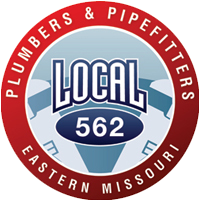The drain is a mess. Dirty, awful water is filling the sink. Reach for the Liquid Plumber, right?
Not a good idea, according to the Household Products Database, which was created by the U.S. Department of Health and Human Services. According to this source, Liquid Plumber (and similar products) are “harmful if swallowed” and “may cause burns on contact” and is “corrosive to the eyes.” Also according to this site, “Although not expected,” Liquid Plumber can cause “heart conditions or chronic respiratory problems such as asthma, chronic bronchitis or obstructive lung disease may be aggravated by exposure to high concentrations of vapor or mist.” This seems like a substance that we should avoid handling, much less use in the same sink that we use to wash our children’s dishes.
In a world that we’ve acknowledged is growing increasingly toxic, it seems like a bad idea to add to that toxicity through the use of products that the US government gives a “Serious” health rating, meaning that the government has determined that a this is a chemical “for which there is statistically significant evidence based on at least one study conducted in accordance with established scientific principles that acute or chronic health effects may occur in persons exposed. The term “health hazard” includes chemicals which are carcinogens, toxic or highly toxic agents, reproductive toxins, irritants, corrosives, sensitizers, hepatotoxins, nephrotoxins, neurotoxins, agents which act on the hematopoietic system, and agents which damage the lungs, skin, eyes, or mucous membranes.”
While it seems like a quick fix, the use of products such as Liquid Plumber can lead to physical reactions, without even solving the original problem. Much better to rely on a real drainage technician, one that can diagnose and terminatedly fix the actual situation, rather than just try to melt it away with a very corrosive substance.



